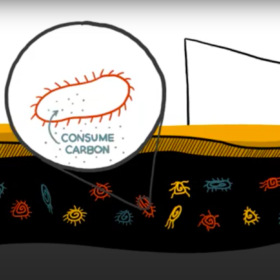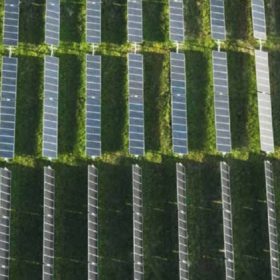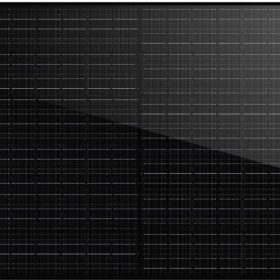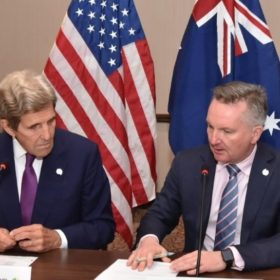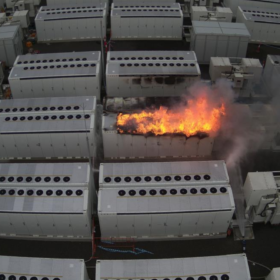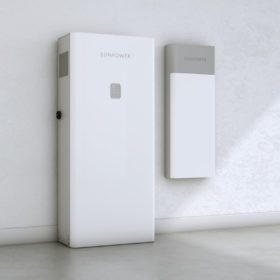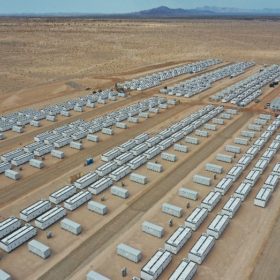Weekend read: Islands in the sun
Islandable microgrids are a growing niche, especially in remote regions at the end of electricity networks or parts of the world prone to natural disasters and outages. Renewably powered microgrids can provide a community with more stability and operate independently, so vulnerable regions are not reliant on distant sources of generation, as was the case during Australia’s Black Summer bushfires of 2019-20, when communities were left powerless. From California to Australia’s southern coast, the study and deployment of microgrids is on the rise. pv magazine’s Blake Matich takes a look.
FFI & Deutsche Bahn to modify diesel engines for hydrogen locomotives, biotech startup targets hydrogen production from $1.5/kg
Cemvita claims it can produce hydrogen at the “lowest possible cost,” Deutsche Bahn and Fortescue Future Industries have announced plans to jointly modify diesel engines for locomotives, and the Canadian province of Alberta has started promoting its hydrogen potential in Japan.
How long do residential energy storage batteries last?
Multiple factors can affect the lifespans of residential battery energy storage systems.
Study shows Nextracker’s machine learning software improves solar plant output
The software’s algorithms were found to boost output by leveraging Nextracker’s independent-row tracking system.
Longi announces new 415 W solar panel for residential, commercial applications
Longi unveiled a new 54-cell module at RE+ Anaheim last week, with outputs ranging up to 415 W, and an efficiency rating of 21.3%.
Australia backs new US deal to deliver billions in clean energy investments
The U.S. Department of State has suggested companies including Google, Unilever, and Amazon could invest billions of dollars in Australia’s renewable energy sector as a result of a newly inked clean energy initiative.
Fire at PG&E’s Tesla battery in California is now under control
A Tesla Megapack battery caught fire at PG&E’s Elkhorn large-scale battery storage facility in Monterey County, California, in the early hours of Sept. 21. The fire was brought fully under control by the late afternoon, and its cause is under investigation.
Sunpower launches two new batteries for residential applications
The two batteries have a storage capacity of 13 and 19.5 kWh, respectively. Both lithium-ion systems use LiFePO4 as the cathode material and have a round-trip efficiency of over 86%.
FTC Solar unveils new self-powered tracking system
United States-based engineering firm FTC Solar has unveiled a new self-powered solar tracking system which it says requires up to 36% fewer foundations than existing technologies and enables an estimated 5% greater energy output for a given parcel of land.
New grid-scale LFP battery from Canadian Solar
Solar PV technology manufacturer Canadian Solar plans to quadruple its battery manufacturing capacity by the end of 2023. A part of that strategy is a new 2.8 MWh lithium-ferro phosphate battery which will be unveiled at the RE+ conference in California this week.

